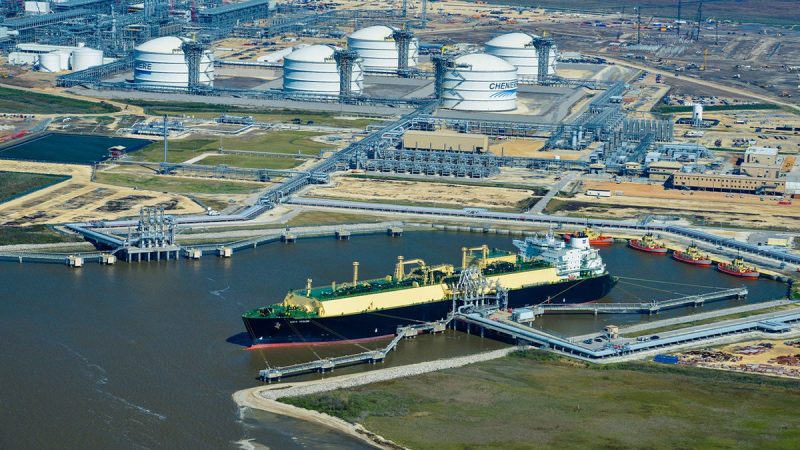In recent years, the debate surrounding natural gas production has been a central point of discussion among policymakers, environmentalists, and industry experts. The conflicting messages from Vice President Kamala Harris on this issue have raised concerns about the potential impact on pivotal states like Pennsylvania.
Natural gas has long been considered a key component of the United States’ energy economy, providing a relatively cleaner alternative to coal and oil. In the past decade, the expansion of hydraulic fracturing, or fracking, has significantly boosted the production of natural gas in states like Pennsylvania, leading to economic growth and job creation in those regions.
However, concerns about the environmental impact of fracking have also been raised, with critics highlighting issues such as water contamination, air pollution, and seismic activity. The Biden administration, of which Vice President Harris is a key figure, has emphasized the need to transition to renewable energy sources to combat climate change and reduce greenhouse gas emissions.
Despite this overarching goal, Vice President Harris has sent mixed messages regarding natural gas production. On one hand, she has acknowledged the importance of reducing carbon emissions and investing in renewable energy to mitigate the effects of climate change. On the other hand, she has made statements supporting natural gas production, emphasizing its role in providing energy security and economic benefits.
The ambiguity in Vice President Harris’s stance on natural gas production could have significant implications for states like Pennsylvania, which have a substantial stake in the natural gas industry. Pennsylvania has emerged as a key player in the production of natural gas, with the Marcellus Shale formation underlying much of the state’s territory.
The potential shift away from natural gas production could have far-reaching consequences for Pennsylvania’s economy, which has been boosted by the industry’s growth in recent years. Job creation, tax revenue, and economic development tied to natural gas production could be negatively impacted if stringent regulations or a moratorium on fracking are imposed.
Furthermore, Pennsylvania plays a pivotal role in national politics, particularly during presidential elections. The state’s electoral votes are highly sought after, making it a key battleground for political campaigns. Any policy decisions that affect Pennsylvania’s economic well-being, such as those related to natural gas production, could have electoral ramifications for Vice President Harris and the Democratic party.
In conclusion, the mixed messages from Vice President Harris on natural gas production underscore the complexity of balancing economic interests with environmental concerns. As the debate over the future of energy production continues, policymakers must carefully weigh the potential consequences of their decisions on states like Pennsylvania and the broader national economy. Striking the right balance between promoting sustainable energy practices and supporting economic growth will be essential in navigating this contentious issue.




























